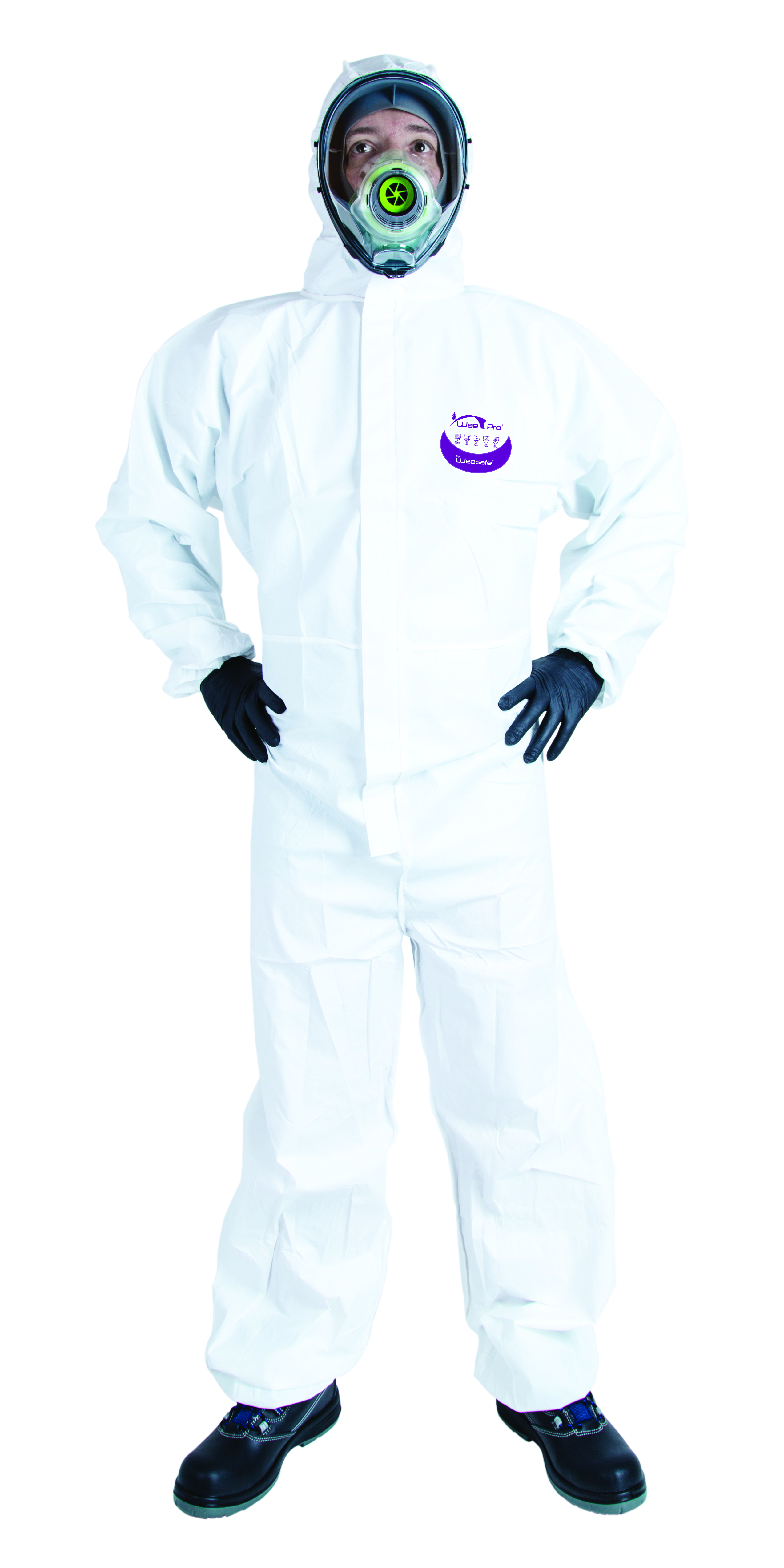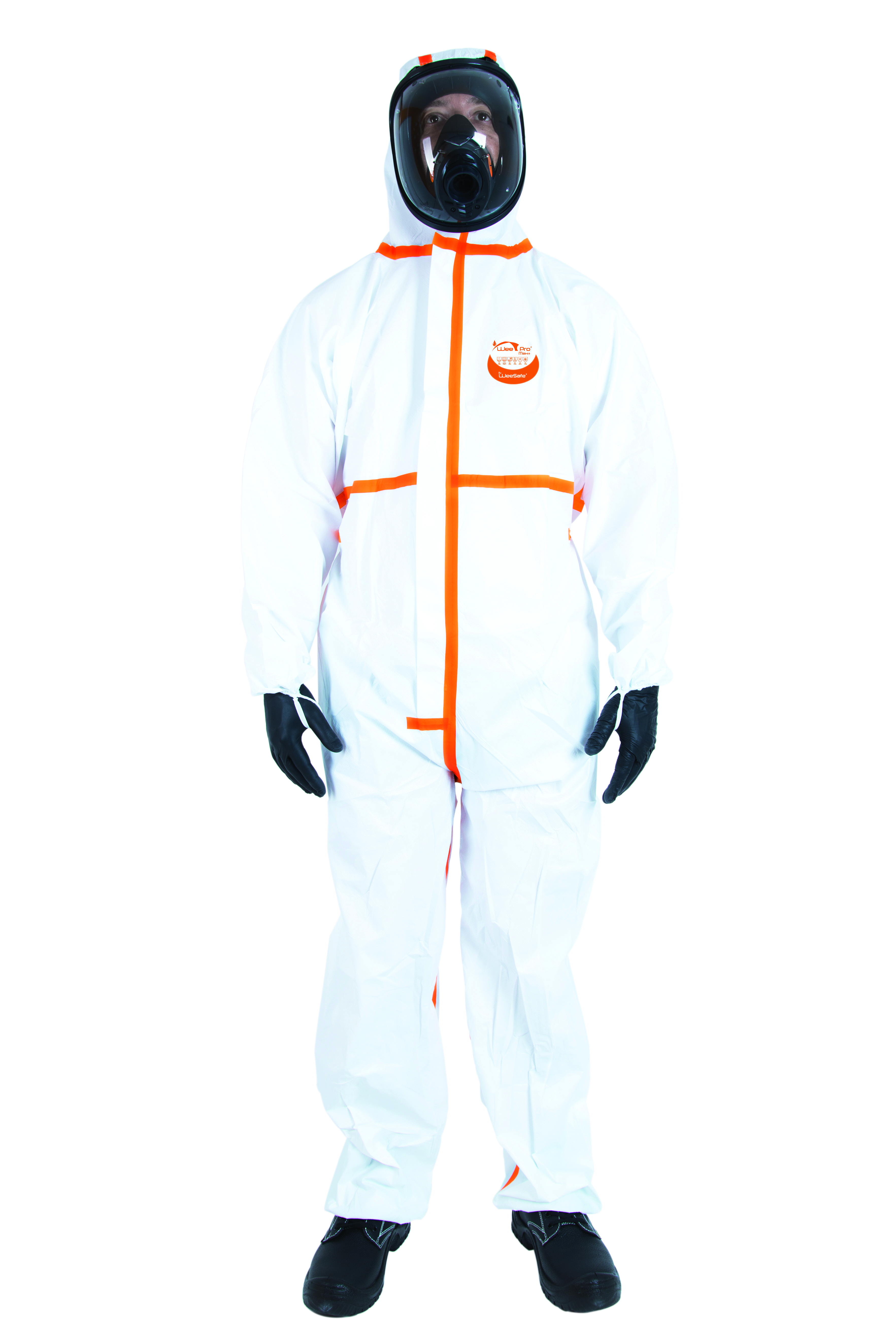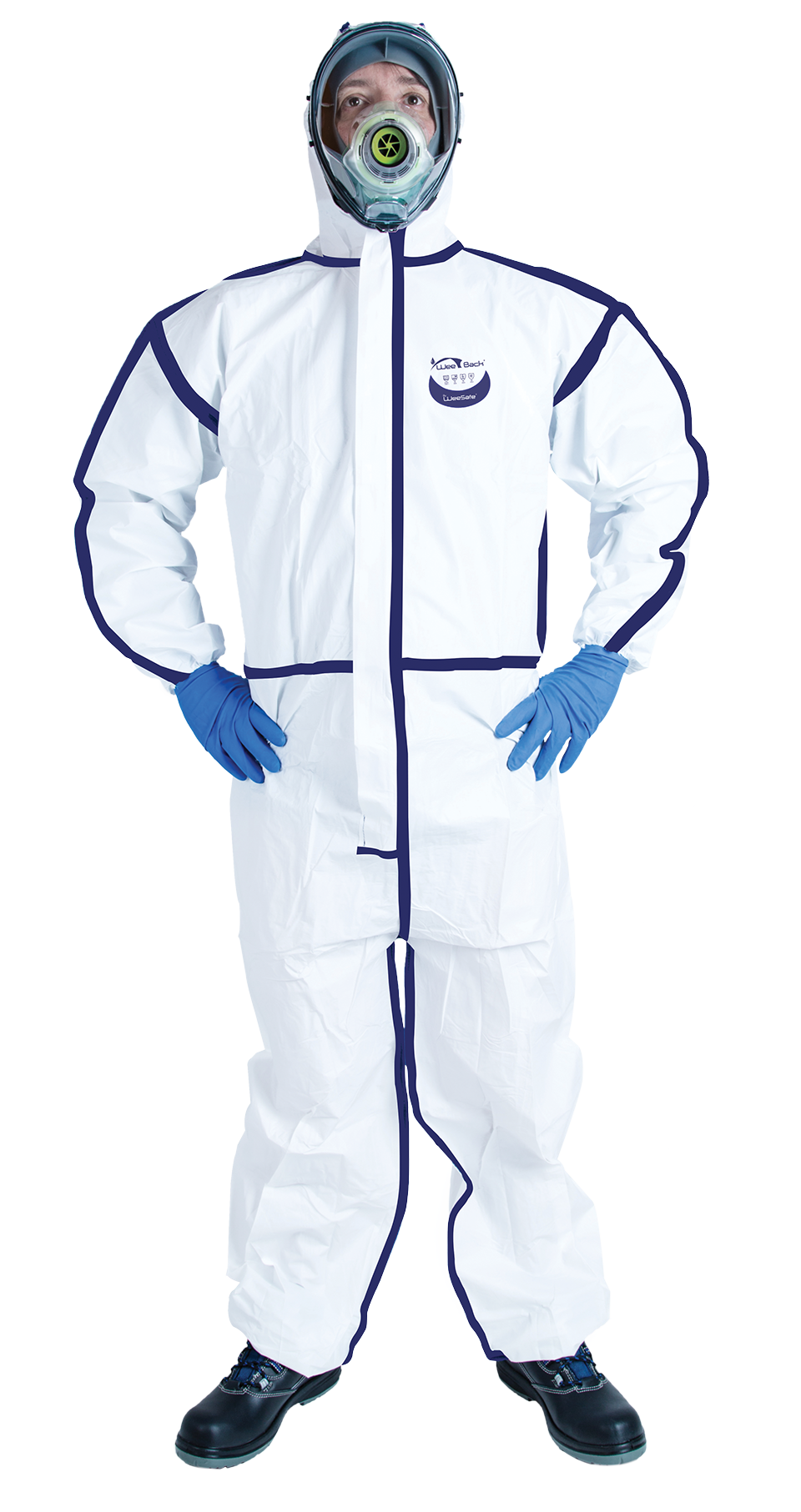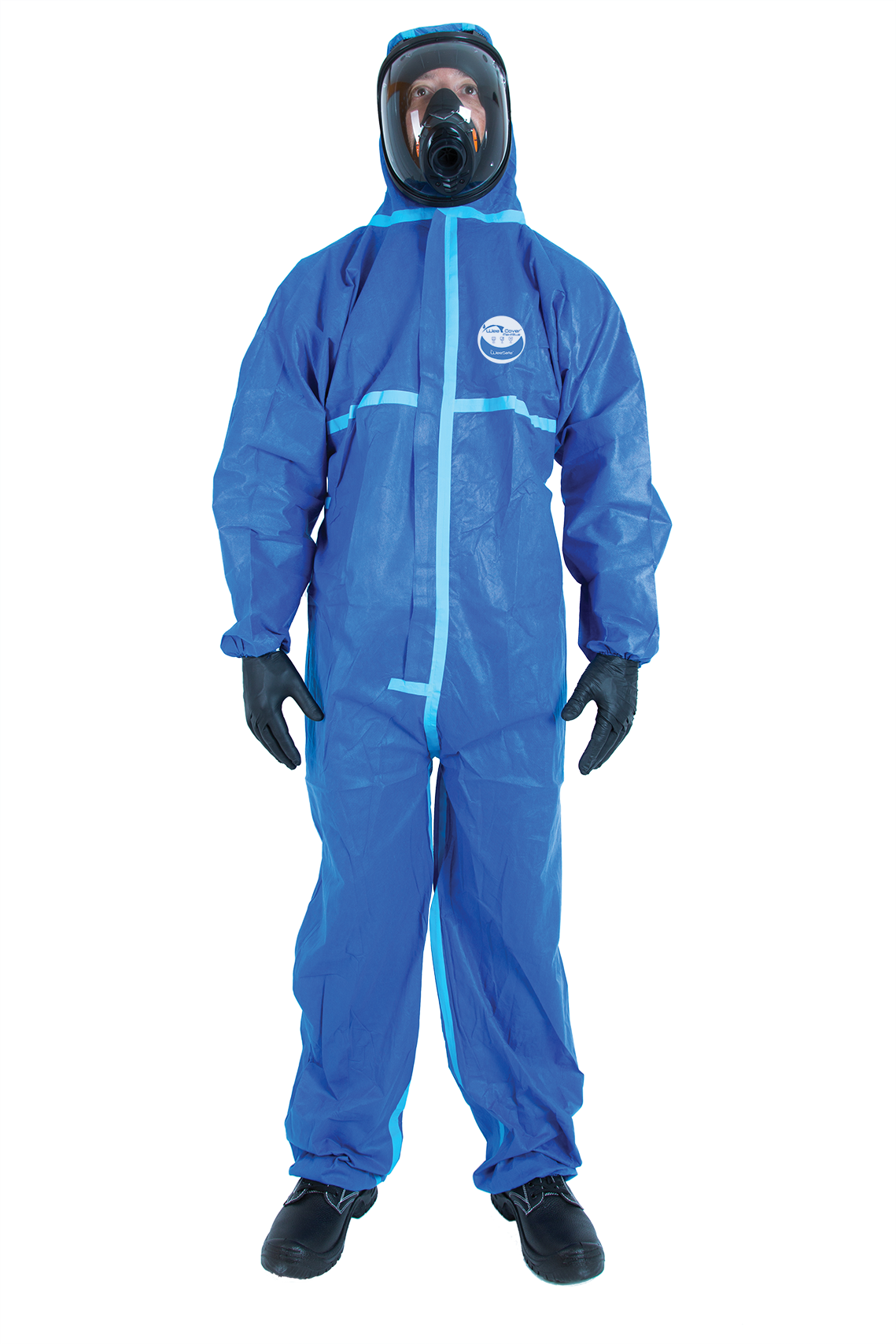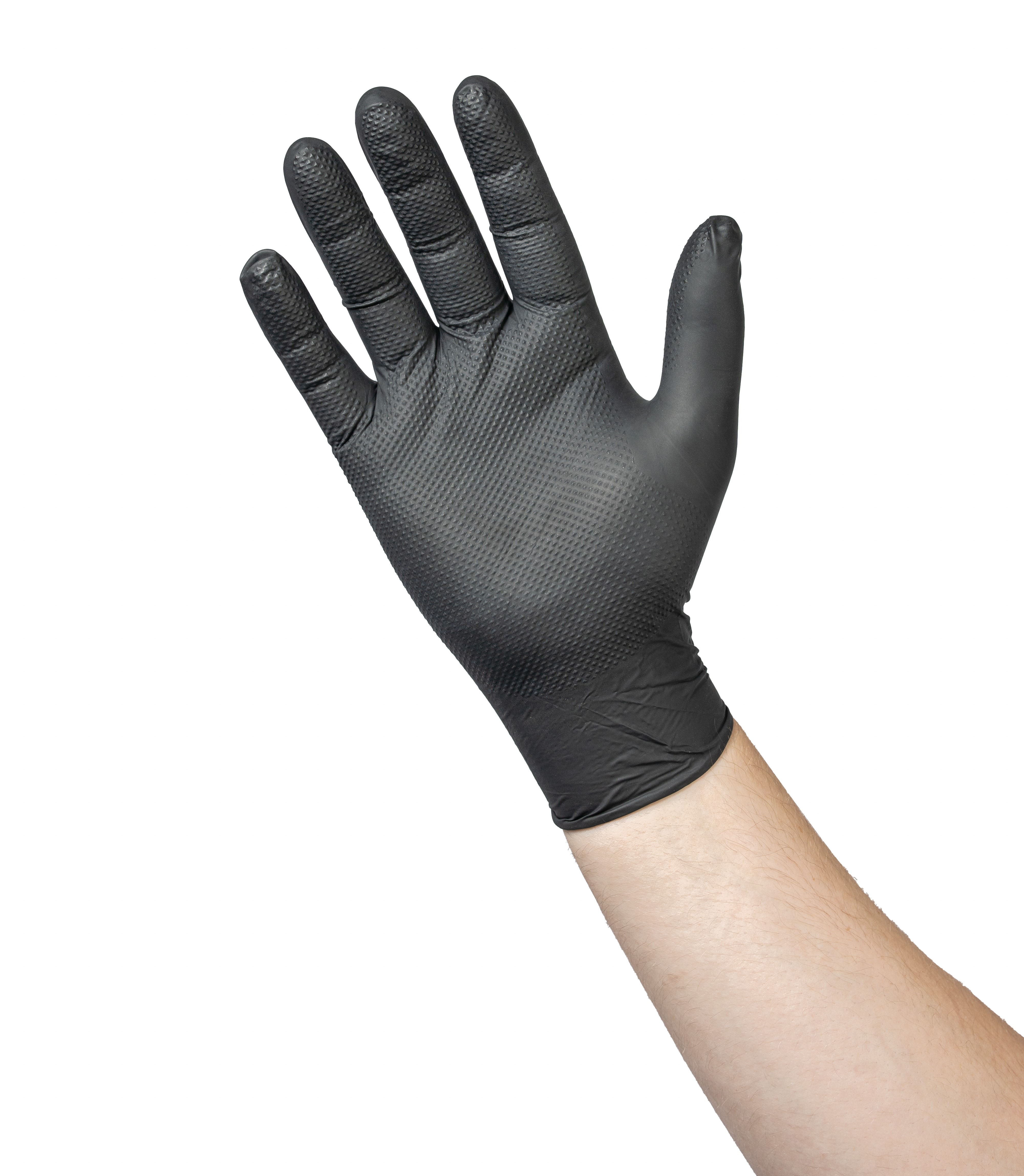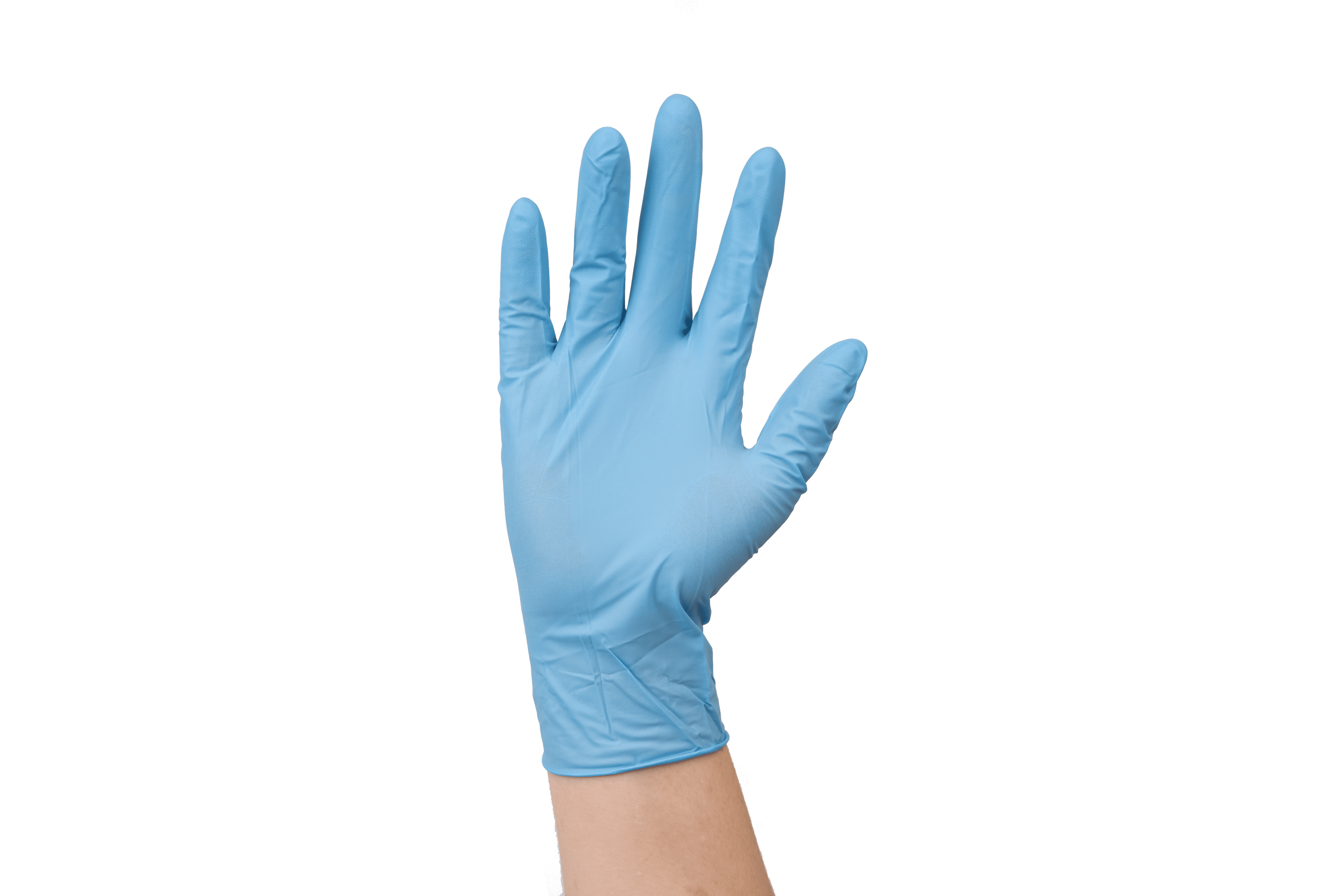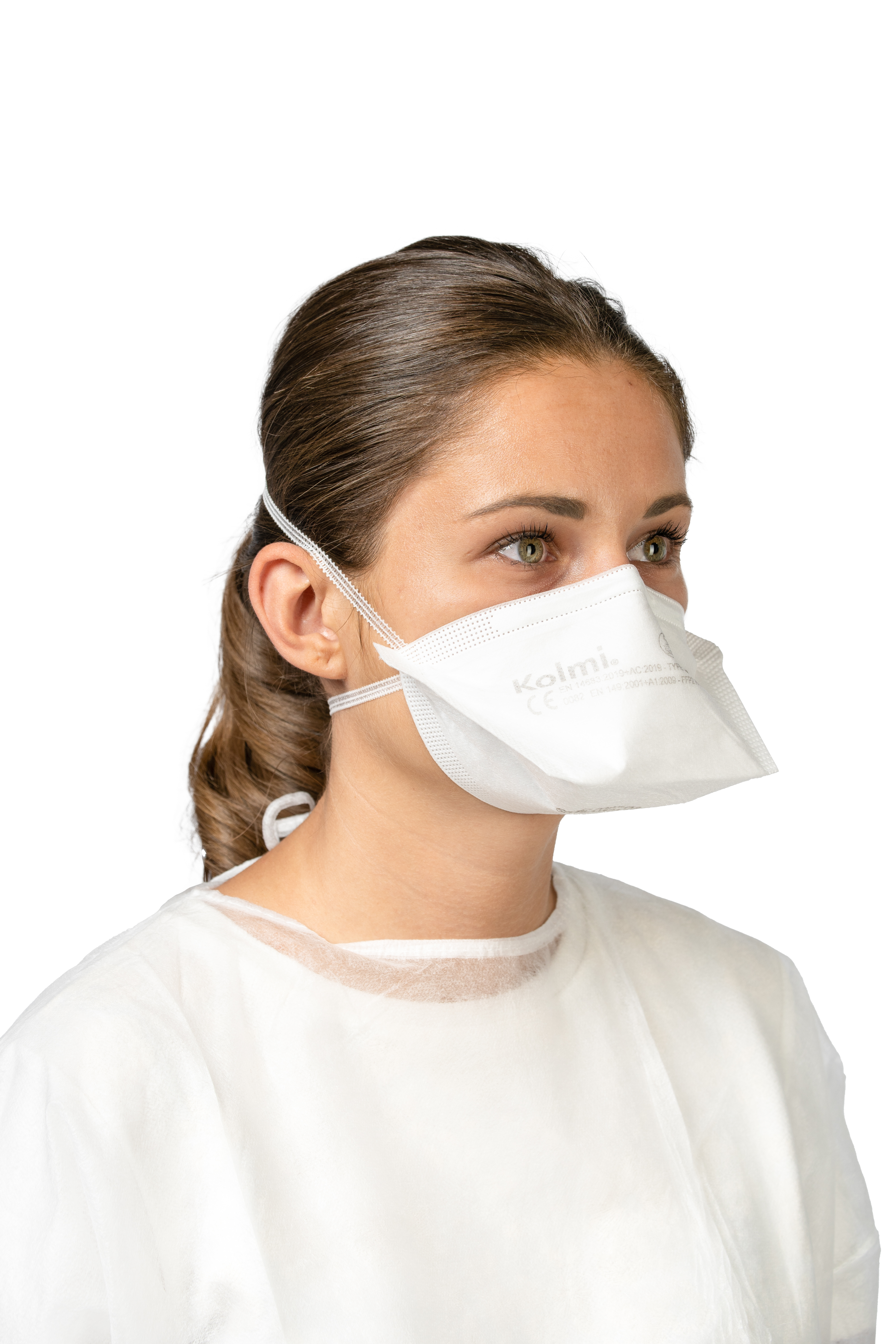PPE for composite materials
Composite materials, composed of fibers impregnated with resins, are used in many sectors such as aeronautics, nautical, automotive, railway, furniture, and swimming pools.
However, handling them exposes workers to major risks: fiber dust (carbon, glass), toxic fumes (styrene, acetone), and hazardous aerosols emitted during molding, cutting, cleaning, and compound preparation.
All stages of production are at risk: molding, impregnation, machining, cleaning, compound preparation, and waste storage. Prolonged exposure to chemicals can affect the health of operators if preventive measures are not implemented. Workers handling these materials must effectively protect themselves against chemical risks with appropriate equipment, including masks to prevent gas inhalation and gloves that provide a barrier against solvents and other irritants.
The safety of workers handling composite materials depends on the proper use of personal protective equipment. At Medicom, we offer suitable suits and equipment, providing optimal protection against splashes of liquids, aerosols and solid particles.
Coveralls
In the composites industry, coveralls are essential personal protective equipment. They provide an effective barrier against solid particles, aerosols, and hazardous liquids, while ensuring comfort and freedom of movement to support operators in their demanding tasks.
Sleeves
Sleeves are a crucial PPE in the composites industry to protect arms and wrists when handling resins, fibers, or chemicals. They prevent direct contact with potentially hazardous substances, providing additional protection against the risk of irritation or contamination while allowing for greater mobility and precision in movements.
Gloves
In the composites industry, gloves are essential for protecting operators from direct contact with resins, solvents, and other chemicals used during the various stages of production. They provide an effective barrier against irritating or toxic substances, while also providing the dexterity needed to handle materials with precision and safety.
Respiratory protection masks
Masks are essential for protecting workers from inhaling fiber particles, dust, resin vapors, or solvents. They play a crucial role in preventing respiratory risks associated with prolonged exposure to these substances, while ensuring comfort appropriate for the meticulous tasks of this sector.
Which jobs in the composite industry require PPE?
| Casting Technician | Machining operator | Industrial painter |
|---|---|---|
|
Exposed to splashes of resins and catalysts, it must protect itself from chemical contact and toxic vapors during the impregnation of the fibers. |
When cutting or sanding composite materials, he is confronted with glass or carbon fiber dust, which can cause irritation or respiratory problems. |
Handling specific paints and solvents, there is a risk of inhaling toxic vapors or aerosols. |
| Mixing preparation technician | Industrial cleaning agent | Composite waste manager |
|---|---|---|
|
When handling resins, hardeners or solvents, this job involves an increased risk of skin contact or inhalation of chemical compounds. |
Responsible for cleaning equipment and tools, he often uses powerful solvents which can present risks of projections or harmful fumes. |
When storing or handling resin residues and fibers, it is exposed to chemicals and solid particles. |


